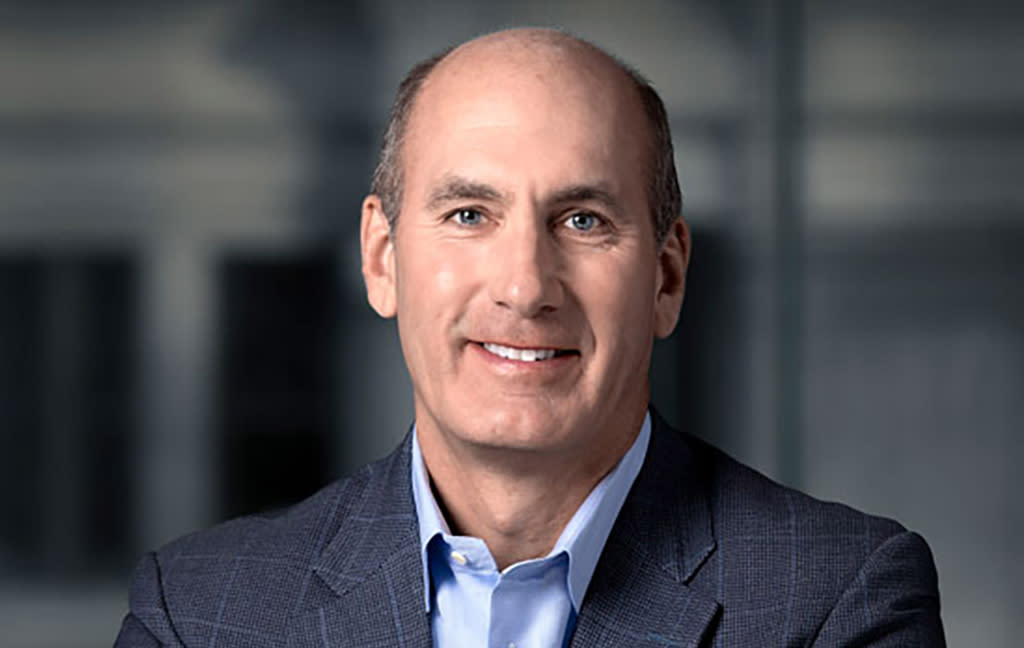Misconception or Fact? AT&T’s John Stankey Declares Cable Mobile Biz Reliance on MVNOs ‘Unsustainable’

- Oops!Something went wrong.Please try again later.
- Oops!Something went wrong.Please try again later.
Ask any cable executive you happen to see about the threat of fixed wireless access to cable’s wireline broadband dominance, and you'll likely get some lame dismissal of how wireless network capacity isn't “sustainable” as FWA services scale.
While speaking during AT&T’s Q3 earnings call Thursday, company CEO John Stankey engaged in the wireless industry’s cliched mirror response when asked how nascent mobile services launched over the last several years by cable companies factored into a 42.9% year-over-year slowing for AT&T postpaid wireless customer growth.
“I've said before, I don’t think it's a sustainable strategy to be the low cost or price leader in a market when you're on a variable cost structure," Stankey said, referring to cable mobile’s reliance on “MVNO” arrangements to piggyback on wireless networks including Verizon's. (Seeking Alpha has AT&T's complete Q3 earnings transcript here.)
Stankey's narrative, however, bumps up against claims made by Christopher Winfrey earlier this week at SCTE Cable-Tec Expo in Denver. The Charter Communications CEO said that 87% of Spectrum Mobile traffic is now being transacted over Charter’s own converged wireless network.
“There’s a misconception, even amongst the largest mobile network operators, that what we have is just a simple reseller agreement to compete on price,” Winfrey said. “We have a Wi-Fi mobile network, and we’ll have CBRS, so we’re the largest provider of mobile bits.”
As fate would have it, as Winfrey made his remarks during an Expo opening session, Ookla revealed that T-Mobile’s 5G FWA speeds accelerated to 227 megabits per second in Q3, even with the platform adding half a million new customers a quarter.

